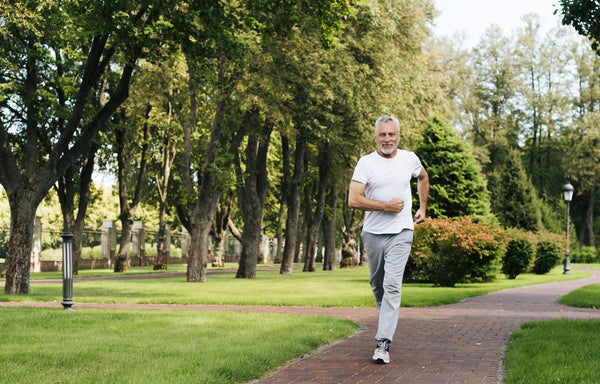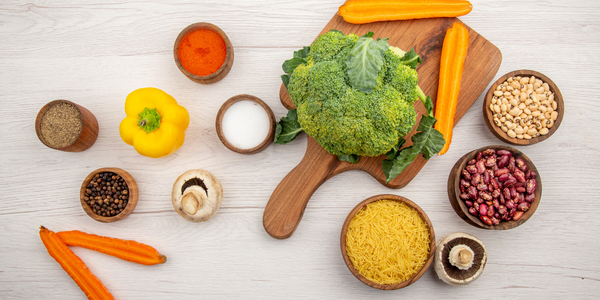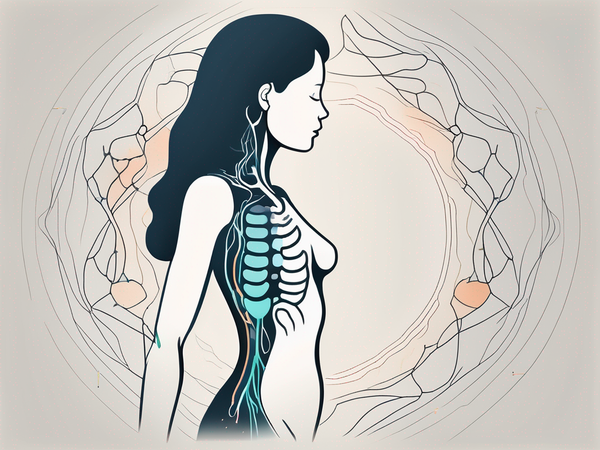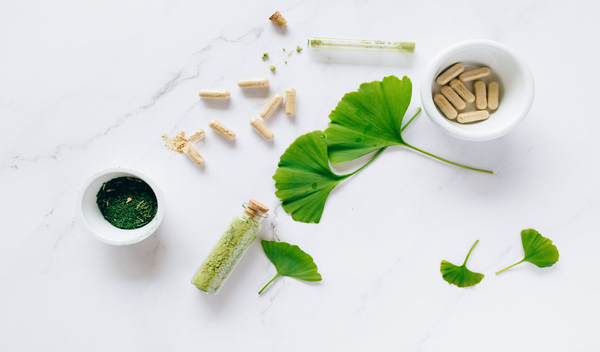Osteoporosis is a condition that causes bones to become brittle and weak when the new bone creation cannot keep up with the old bone removal. As a result, bone mineral density and bone mass tend to decrease. Healthy bones are essential for sustaining the body as we grow old.
But relax, not everyone gets affected by osteoporosis. However, everyone is at risk. Therefore, one should start looking after their bone health from an earlier age. You can easily set a good foundation for healthy bones with the right nutrition and exercise regime, and in many cases add supplements to improve bone health.
Who is at risk?
Osteoporosis can affect anyone, but certain factors put a person at a higher risk of developing the condition. Some of them are as follows :
1. Age:
Beyond the age of 30, your bone density peaks, and your bone mass starts declining. Strength training exercises and a sufficient intake of calcium and vitamin D can certainly help you keep your bones strong in the long run.
2. Gender:
According to data, women are more likely to develop osteoporosis than men, owing to their smaller frame, longer lifespan, and thinner bones. Men can get osteoporosis too, but the condition is 4 times more common in women than in men.
3. Bone structure and body weight:
Women who are thin and petite have a higher risk of developing osteoporosis. The reason is - they have less bone mass to lose than women with a larger frame. Similarly, even men with a thin frame or those who are underweight are at risk.
What are the key nutrients that can help manage or prevent osteoporosis ?
1. Calcium
We all know that calcium is the building block of bone health. But what makes calcium so important? Calcium is the mineral that fuels the body’s ability to strengthen bones. It is what makes the bones resilient and gives them the needed structure and strength. To maintain the strength of bones in the long run, regular calcium intake is imperative. An average adult requires about 1000-1500mg of calcium every day. However, including more calcium in your diet than necessary need not mean it’s going to strengthen the bones even more. In fact, it has the opposite effect. If the amount is exceeded, it can lead to hypercalcemia, which doesn’t just weaken the bones but can also lead to kidney stones, muscle aches, or in some cases, depression. Milk, yogurt, tofu, almonds, and broccoli, are all rich sources of calcium and should be included in your everyday diet as you age.
To ensure that the body absorbs calcium from your diet and utilizes it to improve bone health, our slow® Bone Support can help. It contains hyaluronic acid that helps lubricate the joints and reduce friction, thereby reducing inflammation and joint pain. It’s also infused with resveratrol, which is known to improve bone density, especially in post-menopausal women who are more prone to osteoporosis.
2. Vitamin D
Getting enough sun exposure every day is the best, natural way to fuel your body with Vitamin D. Vitamin D plays a major role in regulating bone turnover and helps the body absorb calcium from its dietary sources better. Getting 5-10 mins of sun exposure in the morning every day helps keep the vitamin D levels stable in the body. The food sources of vitamin D are also scarce, which is why you will find a lot of foods fortified with vitamin D. Owing to this lack of vitamin D in foods, supplementation becomes necessary to maintain bone health.
For a boost of vitamin D to promote bone strength and better absorption of calcium, Wellbeing Nutrition’s melts® Natural Vitamin D3 is fortified with Vitamin K2 to boost the calcium utilization in your body, further preventing bone breakdown.
3. Protein
Protein majorly makes up the cells of our body, and it includes our bones too. A high-protein diet, according to research, is beneficial for bone health. But this is under circumstances where the body is already getting enough calcium from the daily diet. Even healthy bones go through a process of continuous remodelling throughout our lifetime, and they require an adequate amount of amino acids to support the bone structure by giving it stability and density.
Protein intake helps induce the production of IGF-1 hormone, that promotes muscle mass and bone density. Many Indians suffer from a protein deficiency due to our diets mainly being carb-dominant. In these cases, adding a protein supplement to your diet can help.
4. Collagen
Collagen plays a key role in joint health since it's a major component of our cartilages, ligaments, tendons, etc. If ligaments begin wearing away with age, bone health is impacted inducing joint pain. After our early twenties, the collagen levels also begin to drop by 1.5% every year. Our Korean Marine Collagen Peptides contain 100% natural Korean marine collagen peptides sourced from deep-sea salmon. Its improved 100% bioavailability ensures its fast action on replenishing your bone health along with its many other benefits.
How can supplements play a role in managing osteoporosis?
Truth be told, supplementation alone will not reverse osteoporosis, but it can help manage it. Supplements can do so by preventing further bone loss, inducing bone strength, and reducing the risk of fractures.
Summing up,
This World Osteoporosis Day, take the initiative to take charge of your bone health and look out for your loved ones too. If you think your diet may be lacking enough calcium or needs an additional boost of supplements for bone health, it’s best to discuss your nutritional needs with a trusted healthcare provider.
Reference
https://www.ncbi.nlm.nih.gov/books/NBK279330/
https://www.ncbi.nlm.nih.gov/books/NBK430714/
https://www.ncbi.nlm.nih.gov/pmc/articles/PMC2621390/
https://www.healthline.com/nutrition/osteoporosis-supplements#the-bottom-line

























